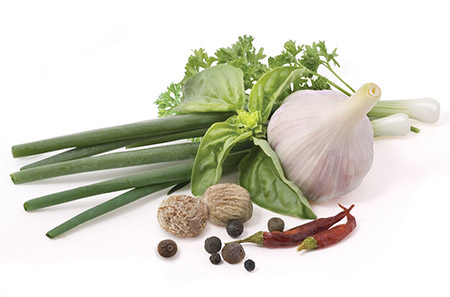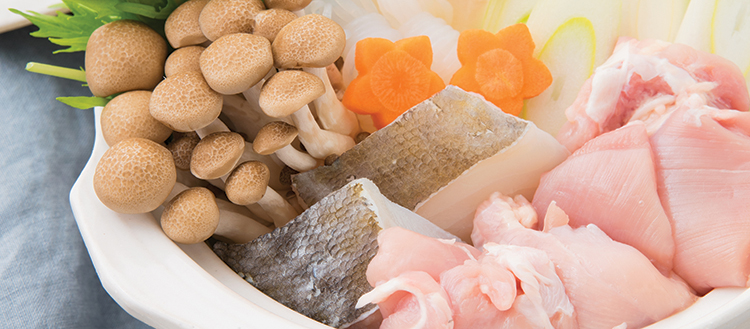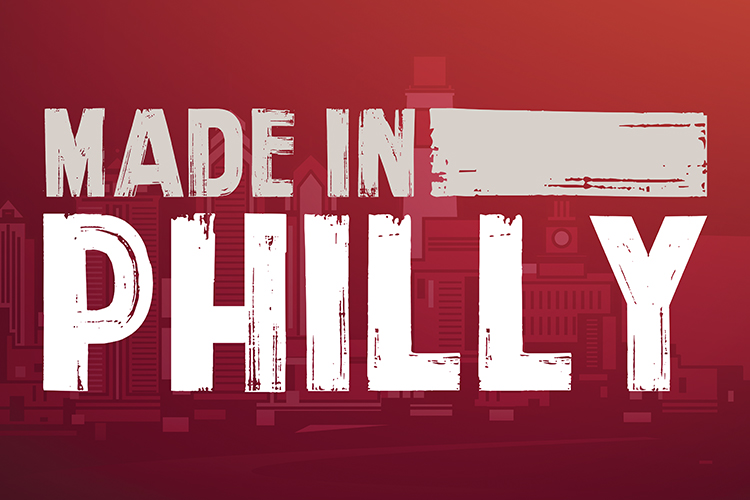You want to make better, healthier choices. You really do. But then you’re standing in a produce aisle or in a natural foods store thinking that you have no idea where to begin. You shrug and think about changing your life some other day.
It doesn’t have to be like that. Changing your food is easy and delicious, and you need not feel deprived of anything. Just think of the change as a new culinary adventure and, with a few tips, you’ll be perfectly nutritionally balanced and satisfied.
To begin with, a healthy diet is largely plant-based. No, I’m not going to go all vegan on you, but in truth, we must look at the volume of animal protein we consume and rethink it. You won’t lose out. There are plenty of sources of protein in a plant-based diet. In fact, there’s protein in everything you eat, except fruit. You are more than covered if you decide to eschew meat, poultry and dairy foods.
My last piece of advice is simple: Eat more vegetables. Regardless of other changes you might make, eating vegetables changes everything.
Tofu and Tempeh
These soy byproducts have a long historical tradition in Asia. Loaded with protein and phytochemicals, and low in fat, the difference between these products is that tempeh is fermented and tofu is not. Both cook quickly and are extremely versatile in their uses. Marinating them allows you to create the taste you like because both are quite, shall we say, mild on their own. Both tofu and tempeh are delicious lightly pan-fried or stir-fried (marinated or not) to create a great texture. From delicate cubes in soups to stir-fry dishes to salads; from casseroles to desserts and salad dressings, these protein sources can be made into just about anything—even tacos and egg salad!
Seitan
This pure protein is high in iron, low in fat and is made from wheat gluten. Used in many recipes in place of meat, seitan has a signature brown color that lends nicely to dishes where we might use beef, pork or chicken. You can substitute seitan in just about any meat or poultry dish to create a satisfying plant-based version of your favorites.
Beans
Sure, some of them take an hour or more to cook, but lentils, red lentils and white lentils cook in about 40 minutes and can be used to create some truly exceptional dishes, from basic soups to faux burgers, pâtés, veggie chili and meatloaf style dishes. In a pinch, used canned organic beans, which you can find in any supermarket.
Whole Grains
With whole grains, you will want to consider brown rice where you might have chosen white rice or pasta so that you are getting the benefit of whole grains (improved digestion, balancing of blood pH, regulation of moisture in the body). For strength, consider quinoa, an ancient grain with the same complete protein as an egg. Simply cook it with organic corn or other diced vegetables, or even some nuts, to create a protein-rich side dish. Be sure to rinse quinoa very well before cooking or it will have a bitter aftertaste.
Millet
Finally, there’s millet, a high-protein grain that cooks up creamy like polenta, but aids in digestion and is the perfect morning porridge or an ingredient to create a creamy soup.
Christina Pirello is a Philadelphia-based chef and educator who has a Master’s Degree in Nutrition. She has authored seven cookbooks on the subject of healthy eating and natural living, including Changing the Health of the World One Meal at a Time. Her TV show is Christina Cooks.
Christina’s Essential Pantry:
Most of the ingredients that I use in my recipes are fairly easy to find, although you might have to visit your local health food store or Asian market for some. This is what I consider to be the basics of a healthy pantry. You can stock your pantry gradually, but if your cupboard is bare you won’t exactly be able pull together the meals of your dreams.
- Brown Rice
- Chickpeas
- Chiles
- Dried Beans
- Herbs and Spices
- Millet
- Olive Oil
- Noodles
- Quinoa
- Salt
Free Support & Plant-Based Cooking Demos
Need extra help on what to buy and how to cook? Hook up with the Peace Advocacy Network and their annual Vegan Pledge, which starts July 11. While the pledge originally started with PAN leadership in Philadelphia, it’s now countrywide. The 30-day pledge includes a free support package, a vegan mentor, and weekly meeting and cooking demos in Center City. panveganpledge.org








